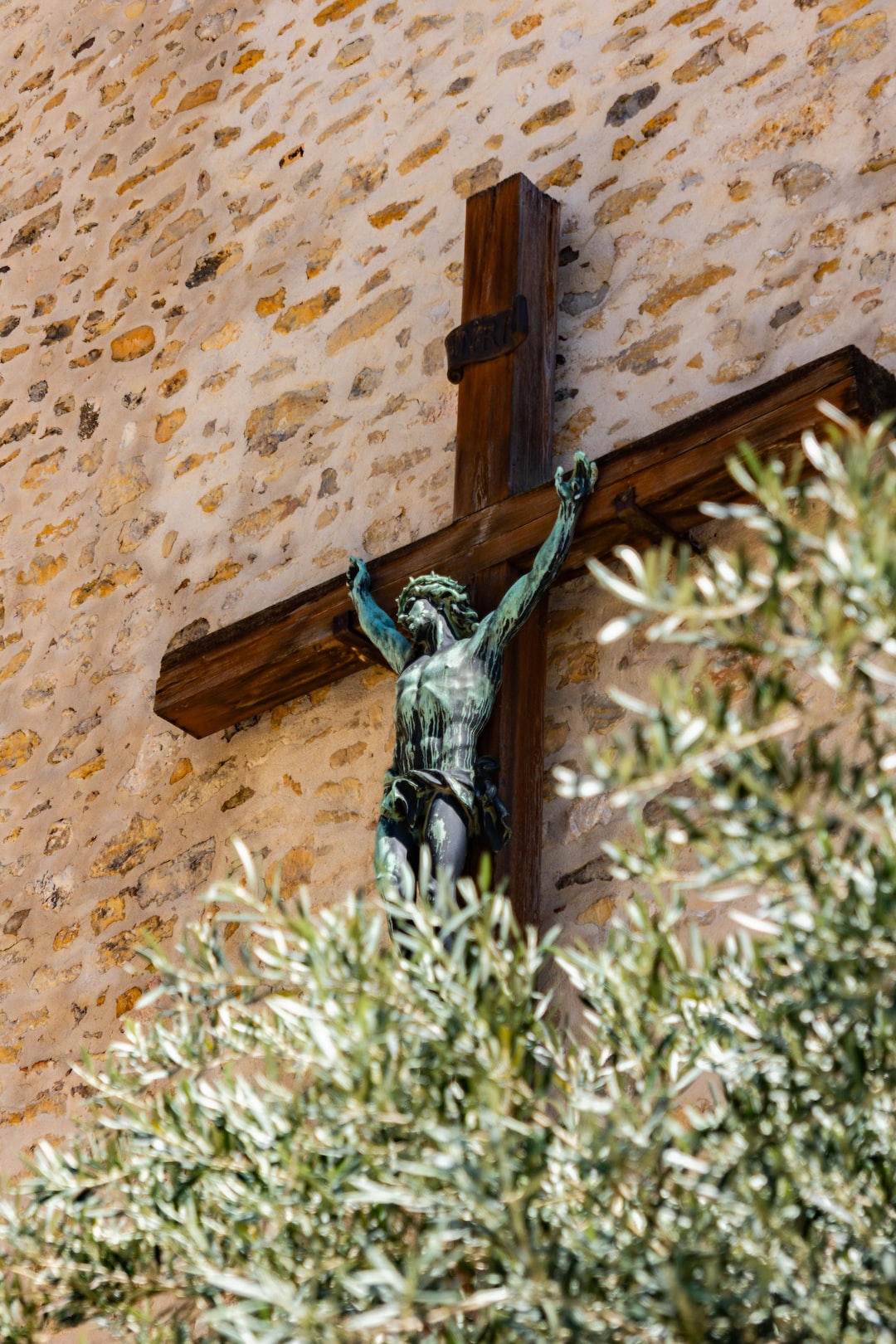The Role of Music and Hymns in Religious Worship
Music has always held a prominent place in religious worship, playing an essential role in various religious traditions across the world. Whether it be Islamic chants, Hindu bhajans, Buddhist hymns, or Christian gospel songs, music has the power to transcend language barriers and connect individuals with a higher power. In this blog post, we will explore the significance of music and hymns in religious worship.
One of the primary roles of music in religious worship is its ability to create a sense of unity and fellowship among worshippers. When people come together in a place of worship, they often share a common belief system and strive to connect with a higher entity. Music has the remarkable ability to bring individuals together in harmony, both metaphorically and literally. Participating in hymns or chants allows worshippers to unite their voices as one, creating a sense of oneness and community. This shared experience of musical worship fosters a deeper sense of connection with fellow worshippers and with the divine.
Music in religious worship also has the power to evoke emotions and facilitate personal reflection. Whether it is through the soothing sounds of a choir or the energetic beats of a drum, music has the ability to touch the deepest recesses of our souls. It can stir up feelings of joy, gratitude, awe, or even sorrow. Through these emotional responses, individuals are able to engage in self-reflection and contemplate their relationship with the divine. Music serves as a conduit for worshippers to express their deepest emotions and connect with a higher power on a personal level.
Additionally, music and hymns in religious worship serve as a form of spiritual expression and praise. They enable worshippers to communicate their love, adoration, and reverence towards their chosen deity. In many religious traditions, hymns are considered as a way to glorify and honor the divine. The lyrics of these hymns often contain profound spiritual truths and teachings that remind worshippers of their religious obligations and values. By singing these hymns, individuals can offer their hearts, minds, and voices to express their devotion and submit themselves to a higher power.
Another significant role of music in religious worship is its potential to enhance the overall worship experience. Not only does it elevate the atmosphere of a sacred space, but it also aids in the engagement and participation of the worshippers. Music has the ability to captivate our attention, allowing us to be fully present in the moment of worship. Whether it be through rhythmic clapping, melodic chanting, or instrumental accompaniment, music helps to create an immersive environment where individuals can focus on their spiritual journey.
Moreover, music has the capacity to transcend language barriers and enable individuals from different cultural backgrounds to come together in worship. In a world filled with diverse languages and cultures, music becomes a universal language that can be understood and appreciated by people from all walks of life. Hymns and religious songs, through their melodies and harmonies, have the power to create a shared experience that unites individuals regardless of their native tongue. This inclusiveness and universality of music in religious worship contribute to a greater sense of global unity and understanding.
However, it is essential to recognize that the role of music and hymns in religious worship extends beyond their physical attributes. Music and hymns are not mere entertainment; rather, they are spiritual tools that facilitate a deeper connection with the divine. They serve as a medium through which individuals can transcend the physical realm and enter into a sacred space of prayer, meditation, and communion with the divine.
In conclusion, music and hymns play a vital role in religious worship. They bring individuals together, evoke emotions, facilitate personal reflection, enable spiritual expression, enhance the worship experience, transcend language barriers, and foster a sense of unity and fellowship among worshippers. For centuries, music has been an integral part of religious traditions, and it continues to be a powerful means of connecting with a higher power. So, the next time you find yourself in a place of worship, take a moment to immerse yourself in the melodies and lyrics, allowing the music to guide you on your spiritual journey.

